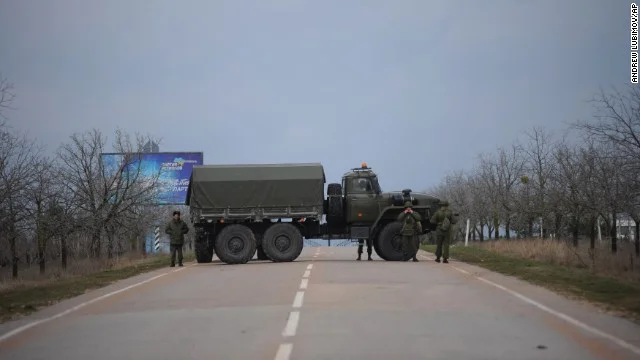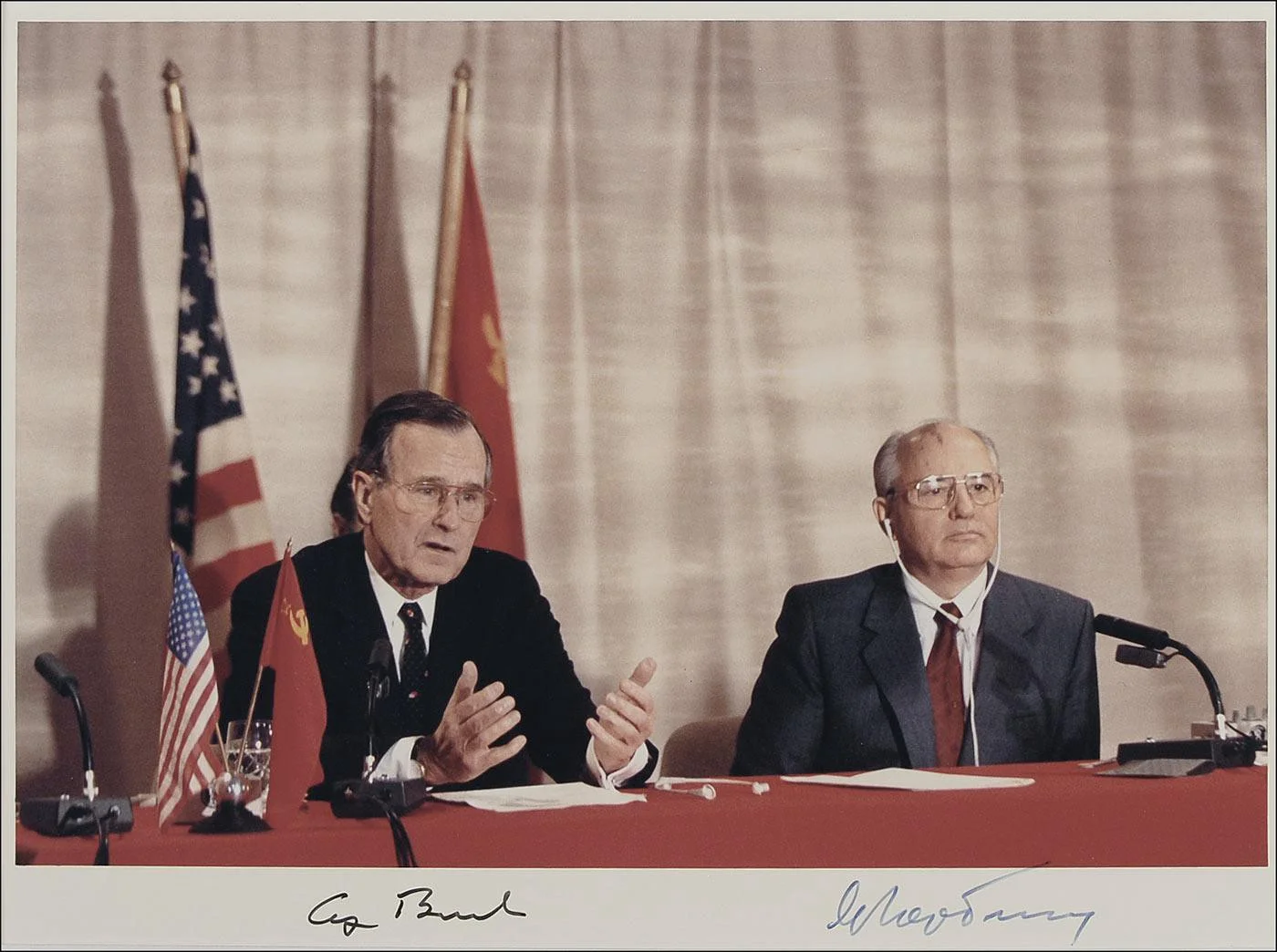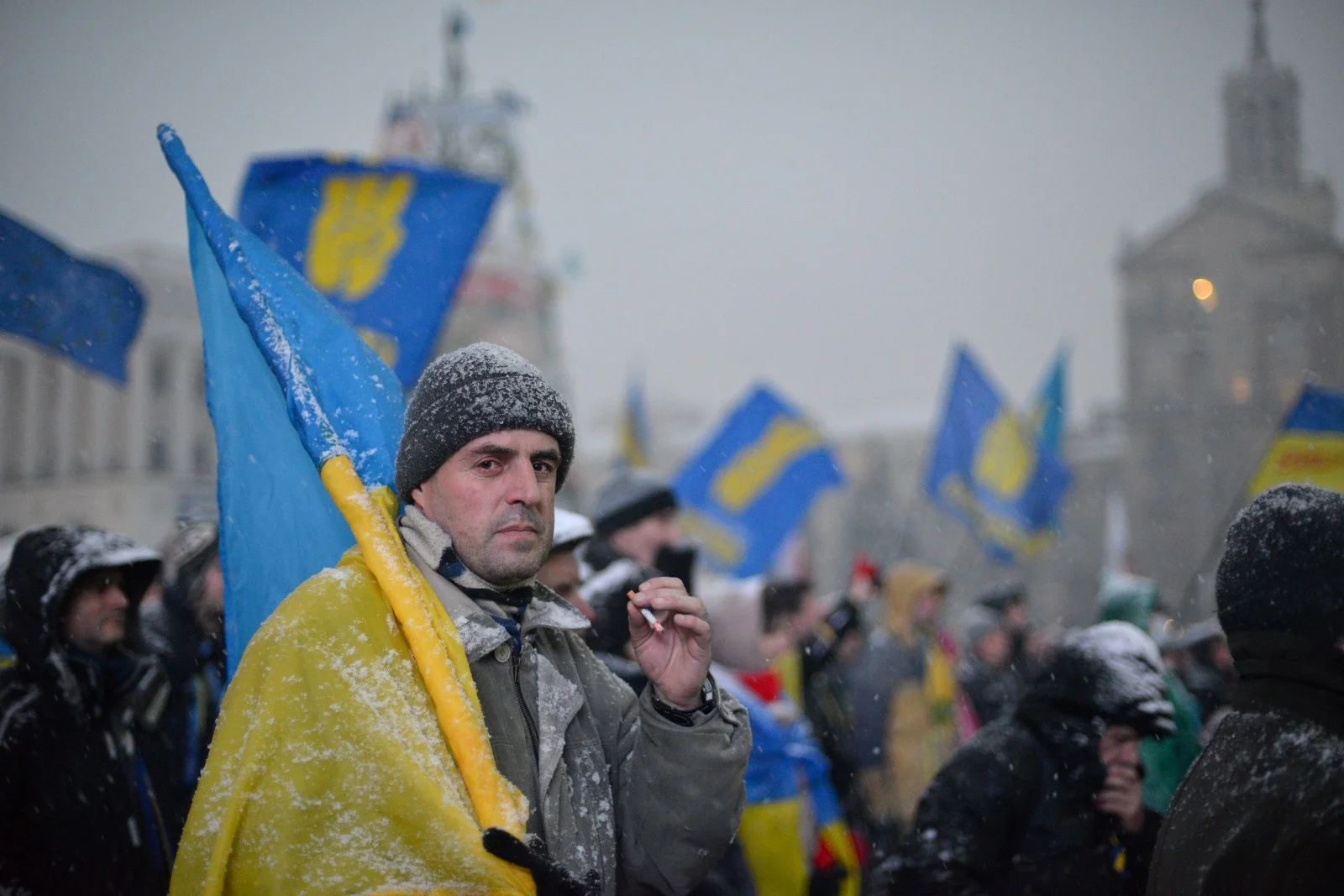Russian annexation of Crimea and the conflict in eastern Ukraine that followed negatively affected Russia’s international prestige. However, in contrast to the external reaction, the domestic population demonstrated higher support for national policies. Not only did the Russian public perceive the return of Crimea as a glorious military victory, the government-controlled narrative also managed to spread the effects of such success to positively perceiving the domestic situation as well.
Bolshevik Hybrid Warfare: #Reviewing Russia in Flames
Engelstein’s book serves as a useful reminder that the hybrid warfare playbook is not new, especially not within the context of Eastern Europe. Almost every tactic Western analysts have attributed to Russia since the 2014 invasion of Crimea can be found in the book. Invading and calling a snap referendum to validate it is how the Poles took Vilnius from Lithuania. When an election in the Ukrainian Rada resulted in unfavorable political leadership, the Ukrainian Bolsheviks decamped to Eastern Ukraine (Kharkov) to create their own competing institutions, primarily to justify Soviet intervention. Propaganda using the latest technologies of the day, provocations, assassinations (at home and abroad), front-organizations, a nexus between organized crime and state power, and the political use of diasporas were all used extensively by the belligerents of the Russian Civil War. Many of the hot-spots are even the same: Crimea, Donetsk, Kharkov, Abkhazia, Adjara, Transnistria, and others.
#Reviewing NATO and Article 5
Timeless Lessons: #Reviewing Tolstoy’s Hadji Murad
Coming to grips with the memories and lessons of America’s long wars in Iraq and Afghanistan is a task that will occupy those who fought them, and who still fight them, for many years. That ongoing struggle is especially complicated for those whose responsibilities gave them a perspective into the strategic decisions that determined the courses of those wars. The histories of these conflicts and of relevant predecessors will predominate in any thinking about them, but their counterparts in fiction can also convey the subjective and personal aspects of the experience of war in ways that history cannot.
How Russia Weaponized Social Media in Crimea
Russia showed the world the effectiveness of social media as a weapon system in the cyber domain. By leveraging the population against one another, it successfully took ground from another sovereign nation without the employment of massed conventional forces. Future conflicts will involve civilian populations as connected, or more connected, as those in Crimea, and the employment of social media will be essential to shaping the narrative of U.S. Army operations. As the Russian government proved, through proper timing, messaging, and population targeting, social media has the potential to manipulate the outcome of a conflict and win a complex engagement.
Applying Jomini to the Ukrainian Donbas Conflict
Looking at the current situation on the ground for the Ukrainian military, Henri Jomini and his work The Art of War provides not only a framework for analyzing the conflict at the campaign level, but also for providing a guide to the Ukrainian military in its effort to defeat the two separatist republics. Jomini’s core principles include offensive, rather than defensive, action, as well as massing forces at a decisive point of attack to gain local superiority. His magnum opus elaborates on these principles and their application, often applying geometric concepts and terms to battlefields and theaters of war for explanations.
Russian Military Outposts: Tripwires or Lily-pads?
The Russian National Security Strategy establishes its military defense and status as a world power as two of its most enduring strategic security interests. It further notes, the top threats to its national security include North Atlantic Treaty Organization (NATO), foreign militaries’ encroachment on its borders, and armed conflicts in neighboring countries. In response to these threats, Russia’s military doctrine prioritizes national defense, strategic deterrence, and the mobilization and deployment of forces in “dangerous strategic directions”. Given these interests, threats, and military priorities, the string of military outposts of the former Soviet Union from the Baltic to the Black Sea can serve either as defensive or offensive means. Assessing the defensive and offensive dispositions of these outposts aids in evaluating their role and utility in Russia’s military strategy.
Soviet Fall , Arab Spring, Crimean Winter: Lessons from the 1991 Fall of Communism
The Cost of Power Miscalculation
In light of the recent East-West tensions due to Russia’s near-annexation of Crimea, China’s aggressive behavior in the East and South China Seas, continued instability in the Middle East, and the threat of a nuclear Iran, or worse, a failed nuclear Pakistani state highlight the dangers the United States faces in the decades to come. The recently released DoD Budget and QDR both highlight the need to rebalance the force through greater investments in technological solutions at the expense of manpower along with the future applications of the joint force.
Russia’s European Designs: To Weaken, Not to Join
Current debate is focused on Russia’s actions in Crimea, the political crisis in Ukraine at large, or Western impotence. Russia’s long-term strategy is missing from the conversation. Perhaps Moscow does not have one, but that would be a foolish assumption. So what is motivating Russia to focus its attention on a tiny peninsula where some Russian speakers it could care less about reside?
Why the March 16th Referendum May Not Be the Disaster Everyone Thinks
Ultimately to use a cliché, annexation of Crimea or any intervention into the territorial sovereignty of Ukraine will back-fire, because it will rile up support for Kiev not for Moscow and it will allow the Ukrainian’s to dislodge themselves from the yoke of Russian power. Instead of creating the new Soviet Bloc that Putin desires, he will be creating a western style democracy, that will look westward for assistance and further isolate Russia.
Overestimating Putin: Russia’s Strongman May Be Anything But...
Amid the media response to the ongoing crisis in Crimea, a surprising theme has emerged in certain political circles: Putin-envy. The Russian president who has strived to cultivate a macho image has garnered praise for authoritative leadership and strategic acumen, ostensibly in contrast to his chief international rival, President Obama.
War Games: What Will Be Our Next Conflict?
If conventional war was suspect prior to the GWOT, the possible outcome of the Crimea conflict could almost cement the impossibility of such a war occurring again in the future. It may sound sick when I say that this current dynamic is actually a healthy exercise, as it should provide our government with a wake-up call concerning what a possible conventional war could look like.
Kiev Calling
Misguided pride in former glory is a poor reason to start a war, and it is important that as a matter of policy that allowing a war to be fought is the last option. It is also important to prevent Ukrainians from losing the independence they had sought for. The best option is the one where a solution is negotiated.
Crimea: Russia Is Harvesting the Seeds Sown in the 1990s
The way out of the Crimea issue is achievable considering the national interests of both the US and Russia. Negotiations can be made, back doors can be opened, and assurances can be given to Kiev and Europe. What is happening in 2014 does not necessarily entail a Cold War part deux, yet the path our policymakers are on make that more likely; simply because we forego history for expediency and bluster.
Crimea: It’s About U.S. Power
The United States has a choice that the Crimean case illustrates very clearly: the U.S. can help shape this new world, or it can continue to be shaped by it. Based on the debate and news that the White House has not asked for any military options in Crimea, it looks like the latter is coming true (although, it should be said, there are some interesting non-military options, too). In the end, the endless debate about Crimea is truthfully not about its future, but about the decline of U.S. power. The United States only has its postwar self and current self to blame.
Crimea River: Why We Care About Ukraine, and Why it Doesn’t Matter
The Crimean Crisis Isn’t Just About the Crimea
The Crimean situation, or the “Situation Formerly Known as the Ukrainian Situation,” has no good solutions. But there are some worse than others. On one level, it doesn’t matter much to America, nor to Europe, whether Russia or Ukraine (or, if you want to get really old school, the Turks) controls the Crimea. From a popular-sovereignty point of view, the peninsula is largely Russian and so it makes sense that it would wish to be part of Russia. From a force-majeure point of view, Russia has a fleet and forces on the scene, first mover advantage, and plenty of motivation. So there is a powerful case for acceding to the fait accompli, because after all, who wants to be the last man to die for Simferopol?



















